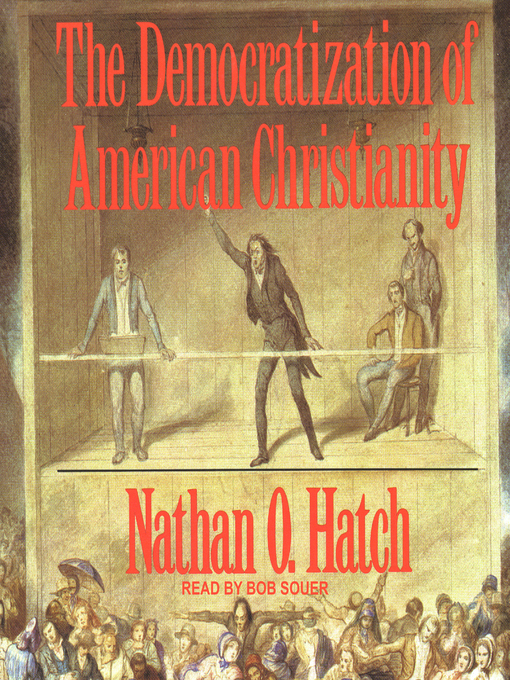- Available now
- Newly Added eBooks
- Most popular
- Newly Added Kids
- Newly Added Teen eBooks
- Try something different
- Quarantine with the Classics
- No Wait, These Books Are Great: Kids & Teens
- In Memory of Mauvoline Yarbrough
- See all
- Available now
- Newly Added Audiobooks
- Most popular
- Newly Added Kids Audiobooks
- Newly Added Teen Audiobooks
- Hidden Gems
- No Wait, These Books Are Great: Kids & Teens
- In Memory of Charles Chapman
- In Memory of Mauvoline Yarbrough
- See all


